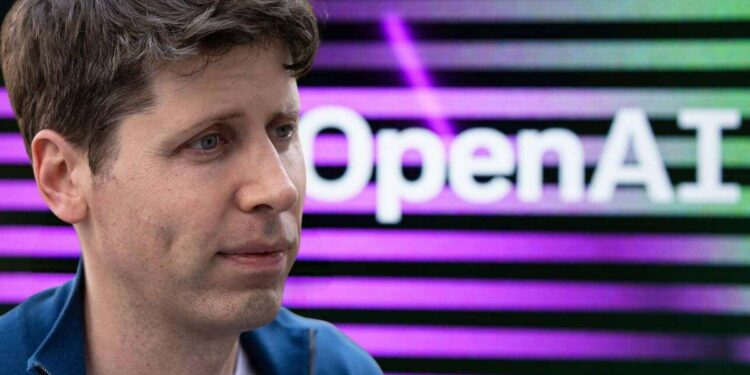One of the most latent and controversial debates of recent years has been about the adoption of telecommuting by companies and workers. It all started with the pandemic, when out of necessity and obligation, people had to work from home, which revealed to many that they could do the same job from their homes, saving themselves the need to go to the office and spend so many hours away.
It wasn’t until the so-called “return to normalcy” that companies forced their employees to return to offices, a controversy that has pitted companies against their workers and has even led to massive layoffs.
Each person has their own opinions about telecommuting; many are in favor and many others are against it. However, it is interesting to hear the motivations of those who see the effects of working from home up close, although after multiple studies, researchers still have not been able to determine whether remote work reduces or improves a company’s productivity rates.
One of the sectors where telecommuting was most applied, and continues to be a widely used option today (many employees refuse to return to the office), is the technology sector. Sam Altman, CEO of OpenAI, the company behind ChatGPT, and a leading figure in the sector, has shared his opinion on this debate, stating that implementing telecommuting was a mistake and that the end of remote work is very close.
Altman defends his position by arguing that telecommuting does not favor communication within companies, preventing the emergence of good new ideas. Despite his stance, Altman acknowledges that some of his best employees work remotely and that he has no intention of making them come to the office.
### Altman’s reasons for being against telecommuting
– **Professional and social isolation:** The lack of direct interaction with colleagues can affect the emotional health of workers and team cohesion.
– **Difficulties in separating work life from personal life:** Without a physical office, some employees may have trouble disconnecting from work, affecting their work-life balance.
– **Risk of burnout:** Flexibility can lead to longer working hours, especially without a fixed schedule structure.
– **Management and supervision difficulties:** It can be challenging for managers to supervise and evaluate their teams’ performance remotely.
– **Cybersecurity:** Remote work poses additional challenges in protecting confidential information and preventing cyberattacks.
In this way, magnates such as Altman, Elon Musk, or Mark Zuckerberg are against telecommuting, while others like Bill Gates are in favor and even advocate for four-day workweeks.
That said, these are just the opinions of these entrepreneurs, and as mentioned before, no one has yet been able to prove whether remote work is better or worse than in-person work. So, for now, we will have to settle for each individual boss’s opinion and the decisions they make regarding this topic.


